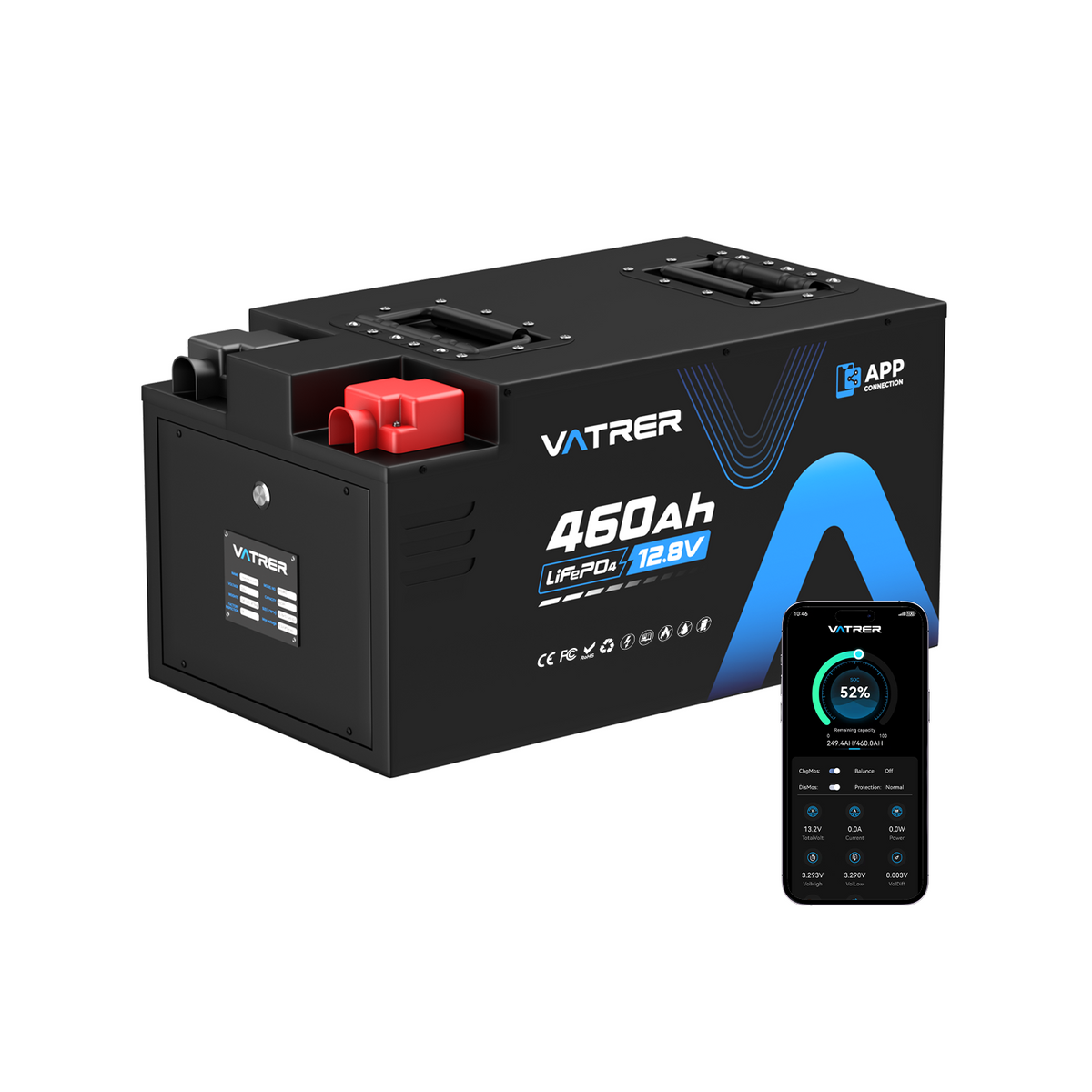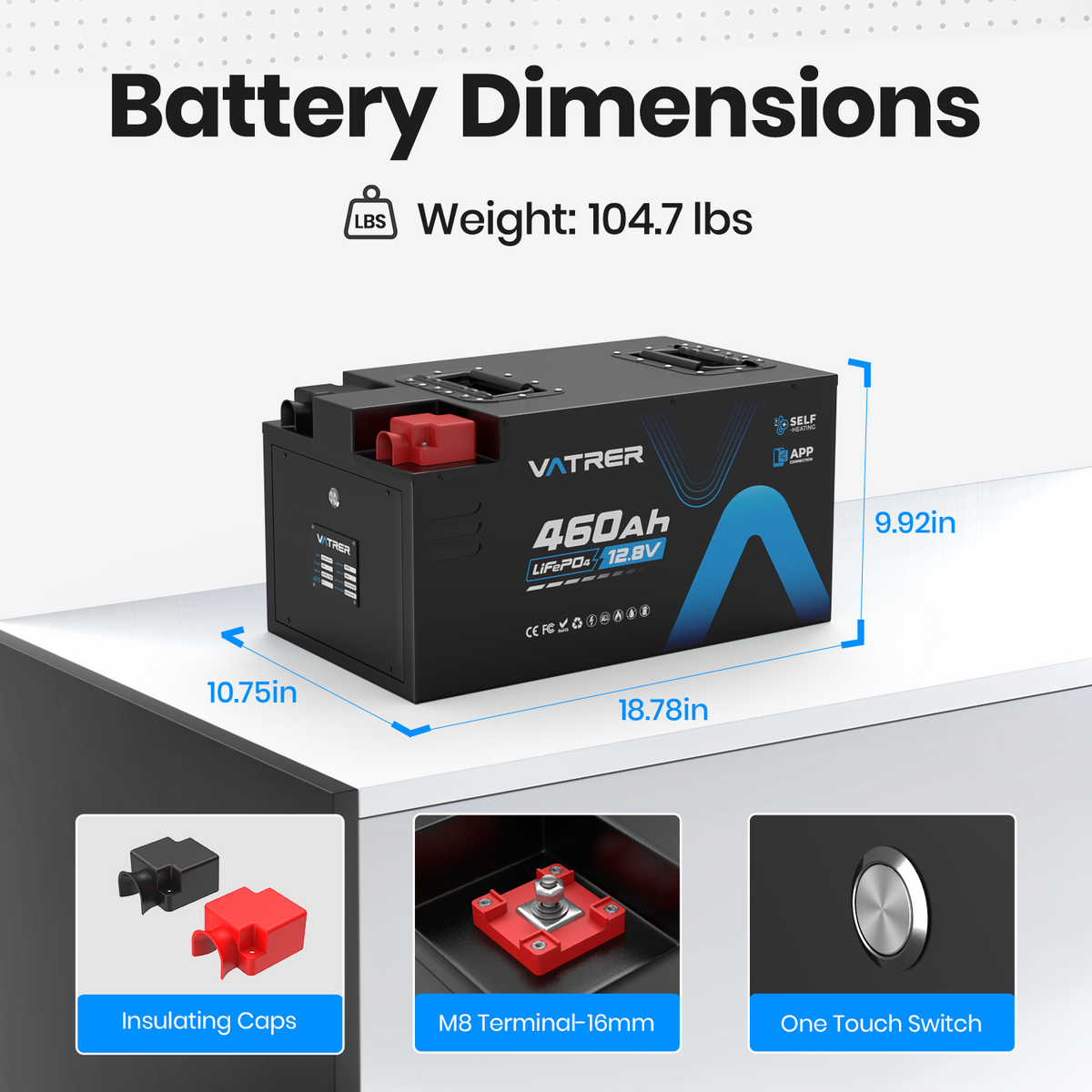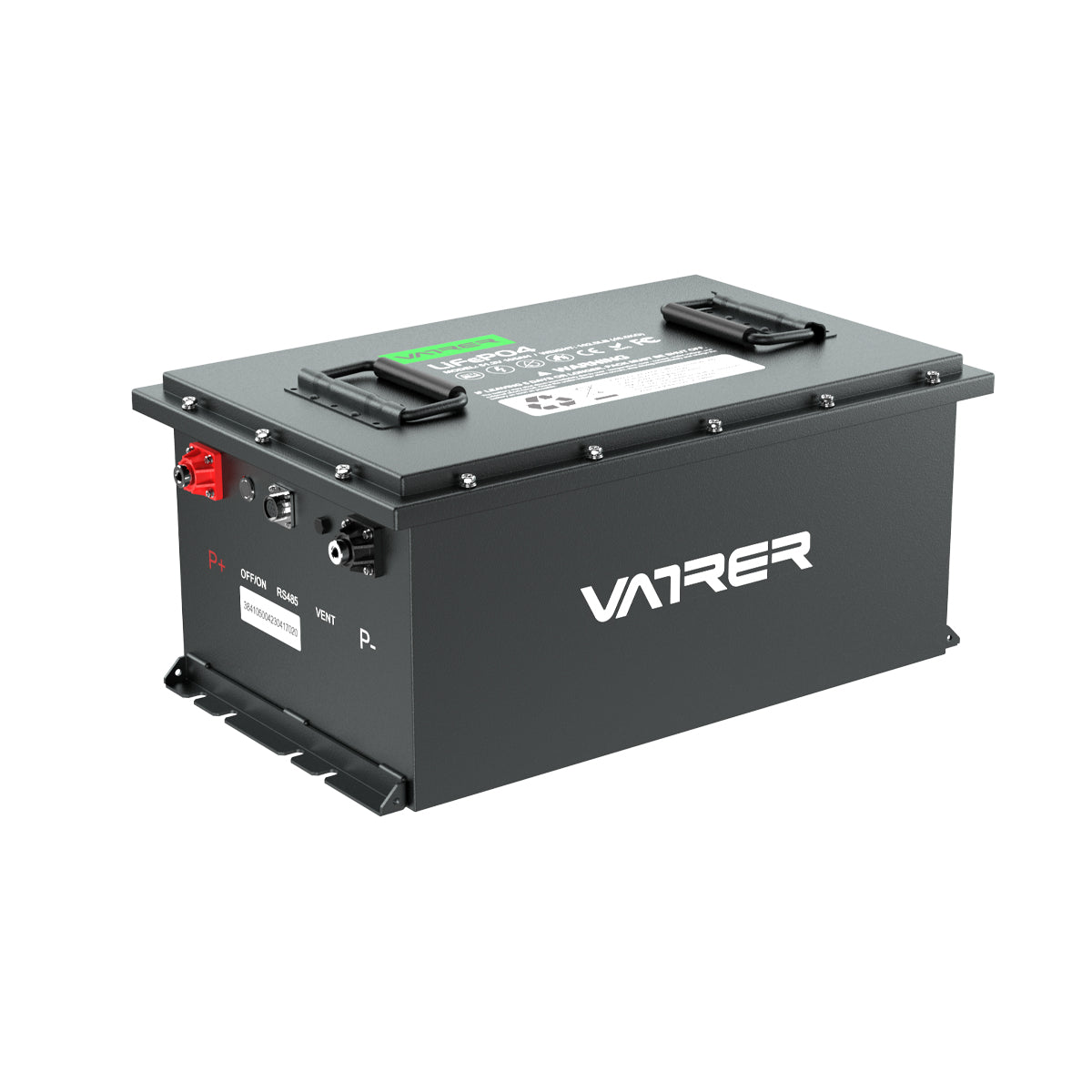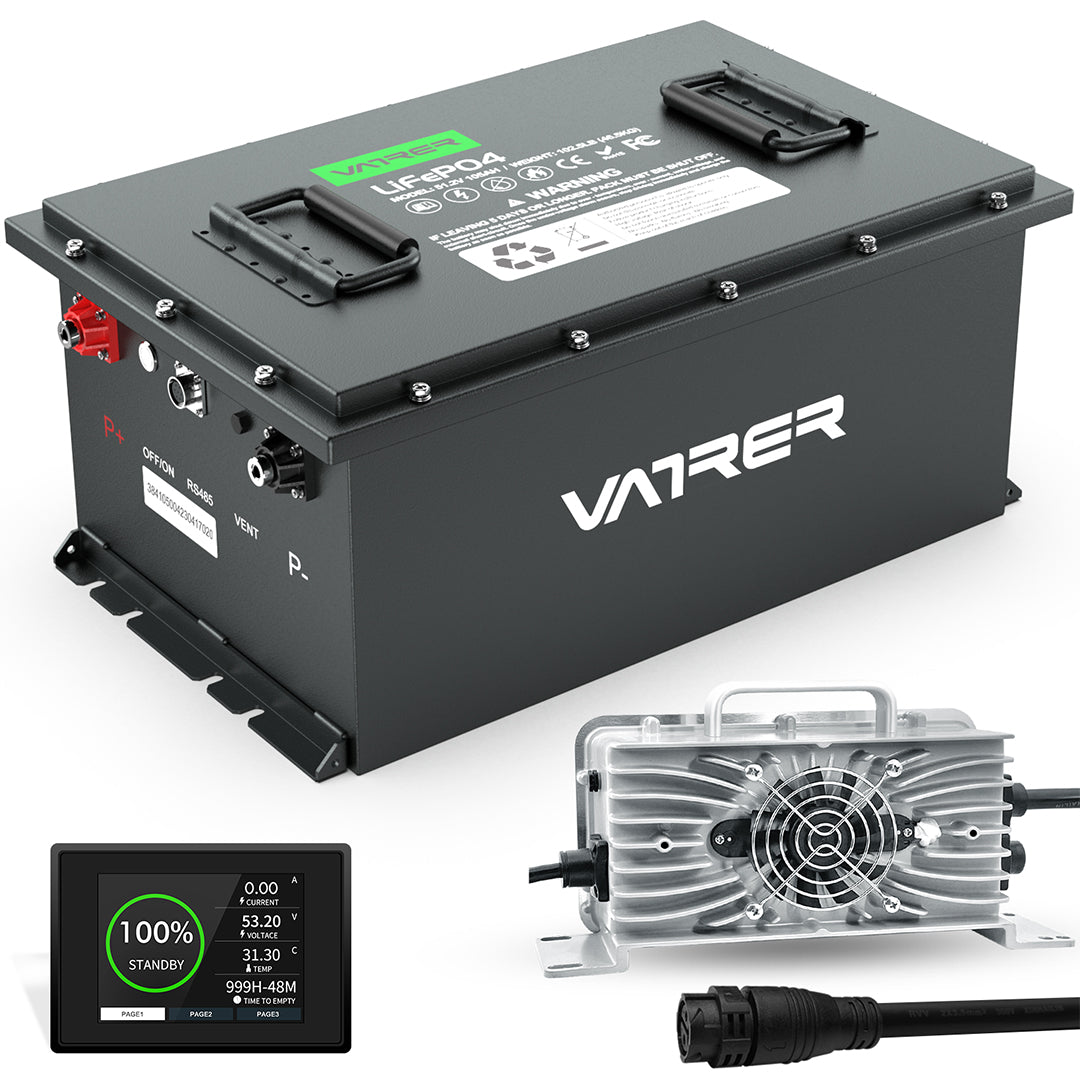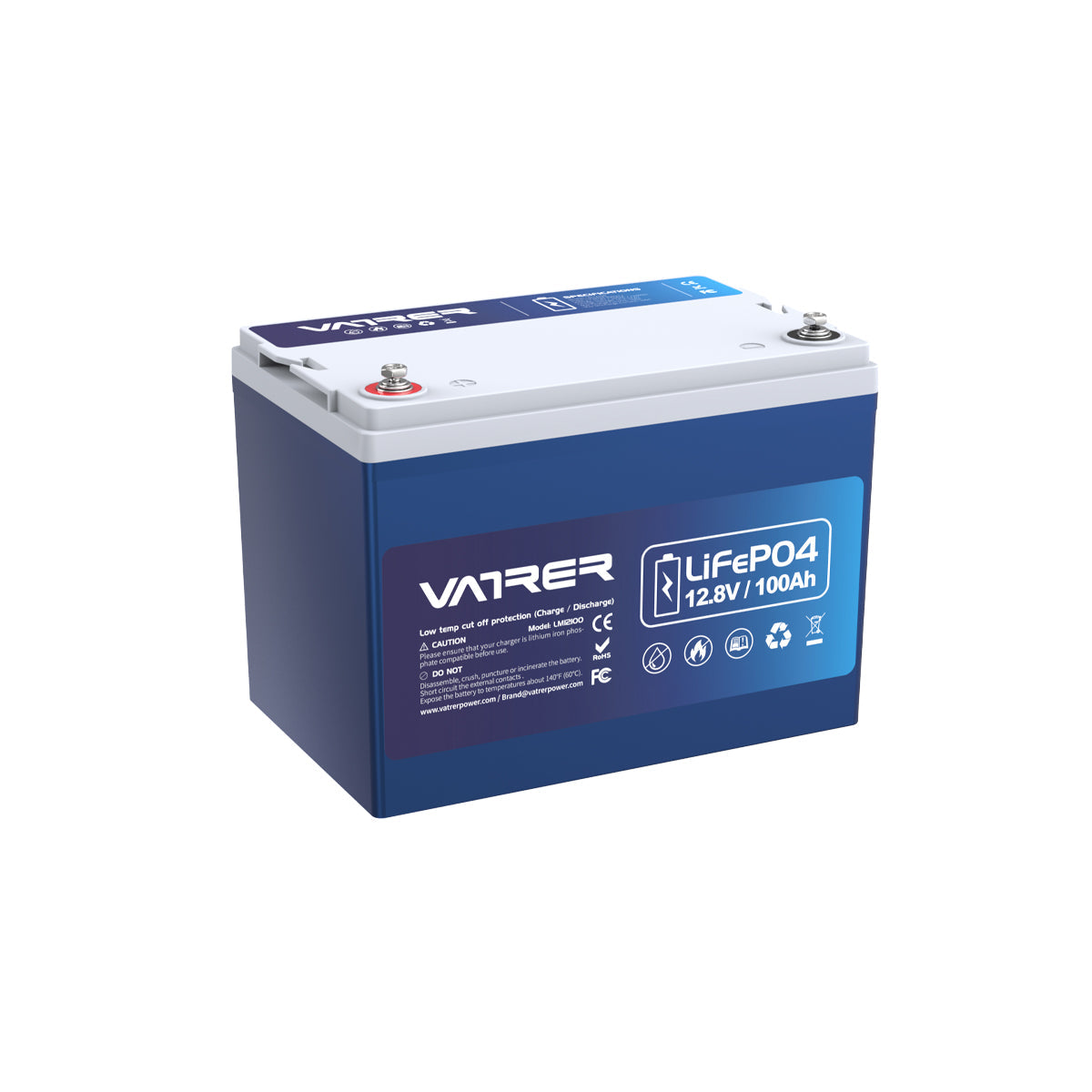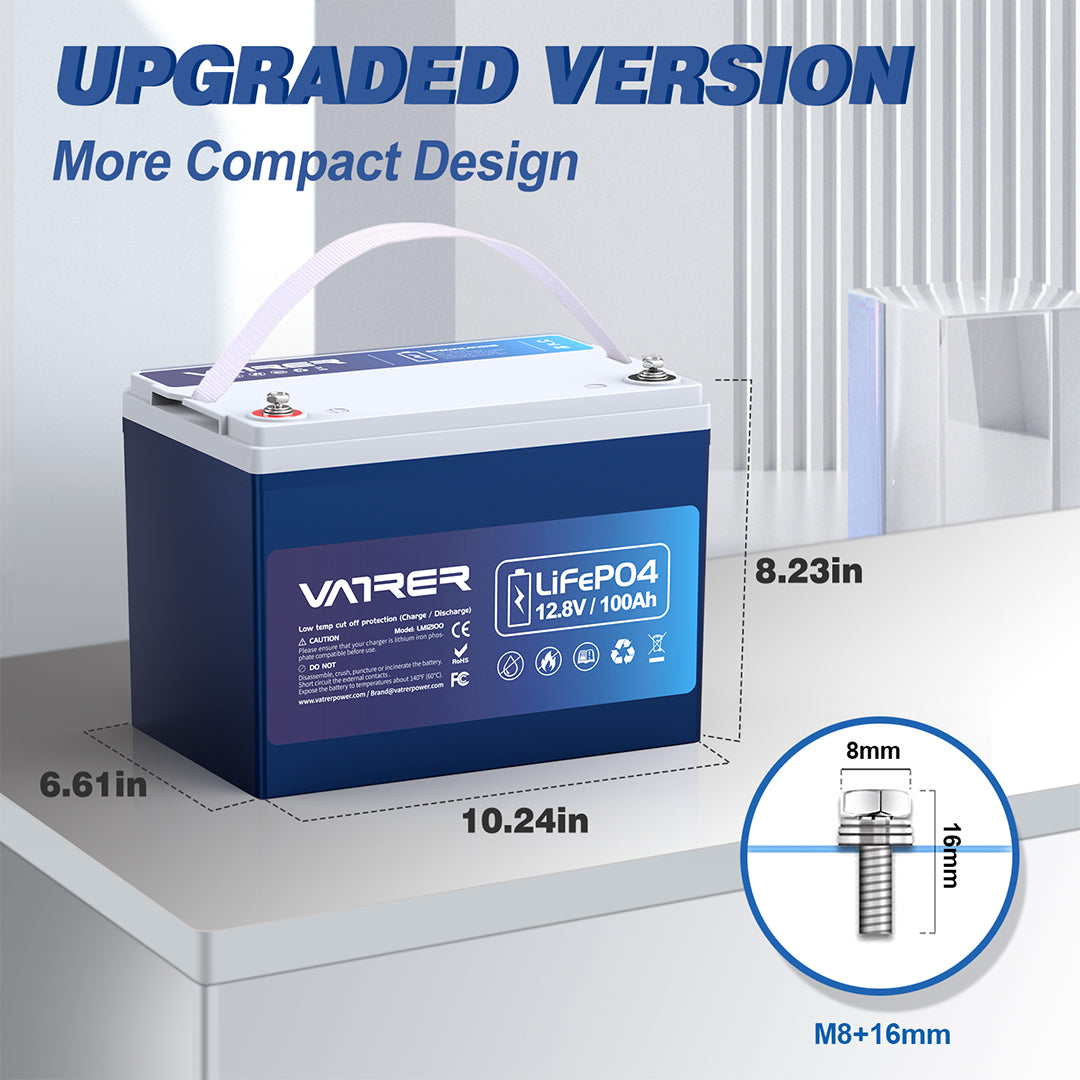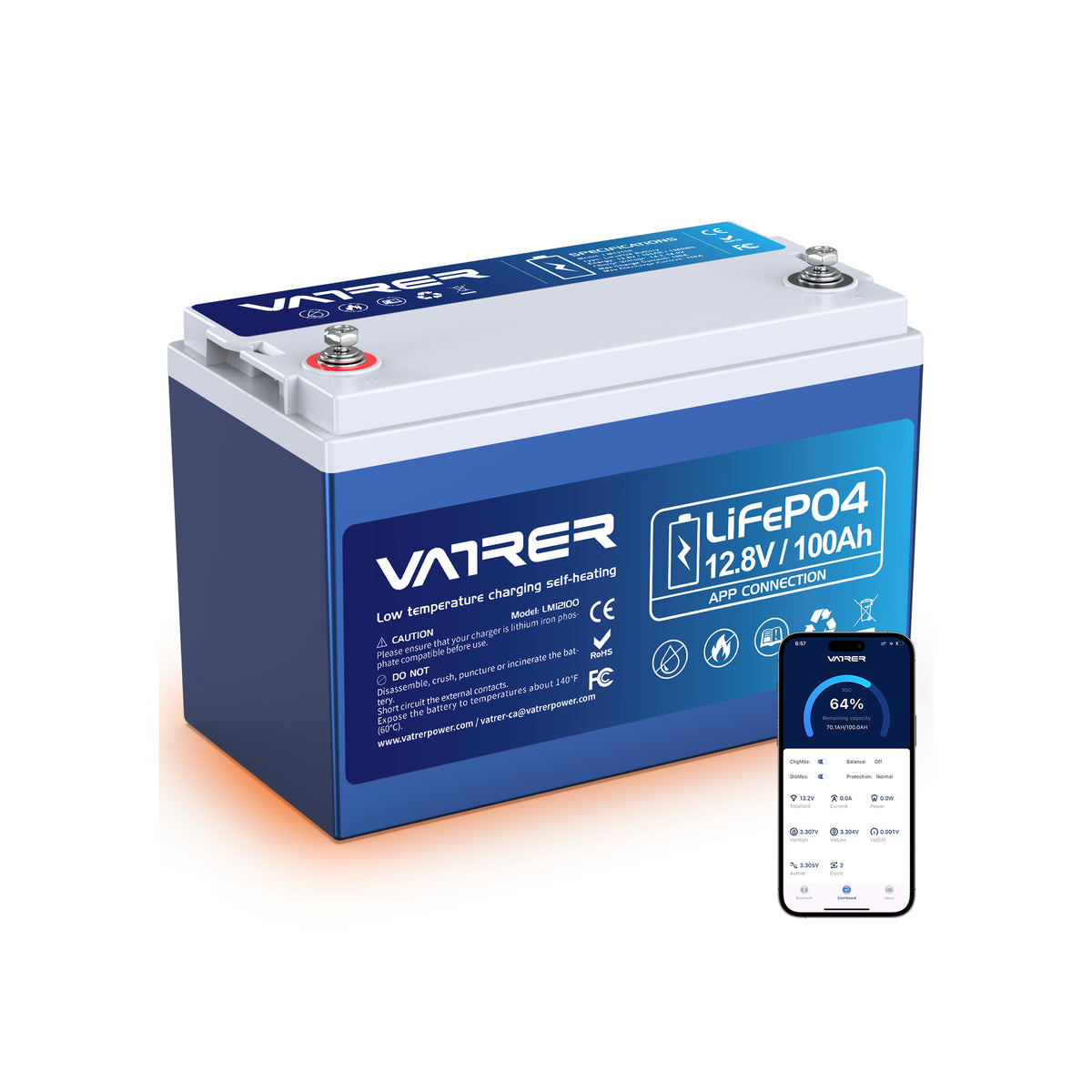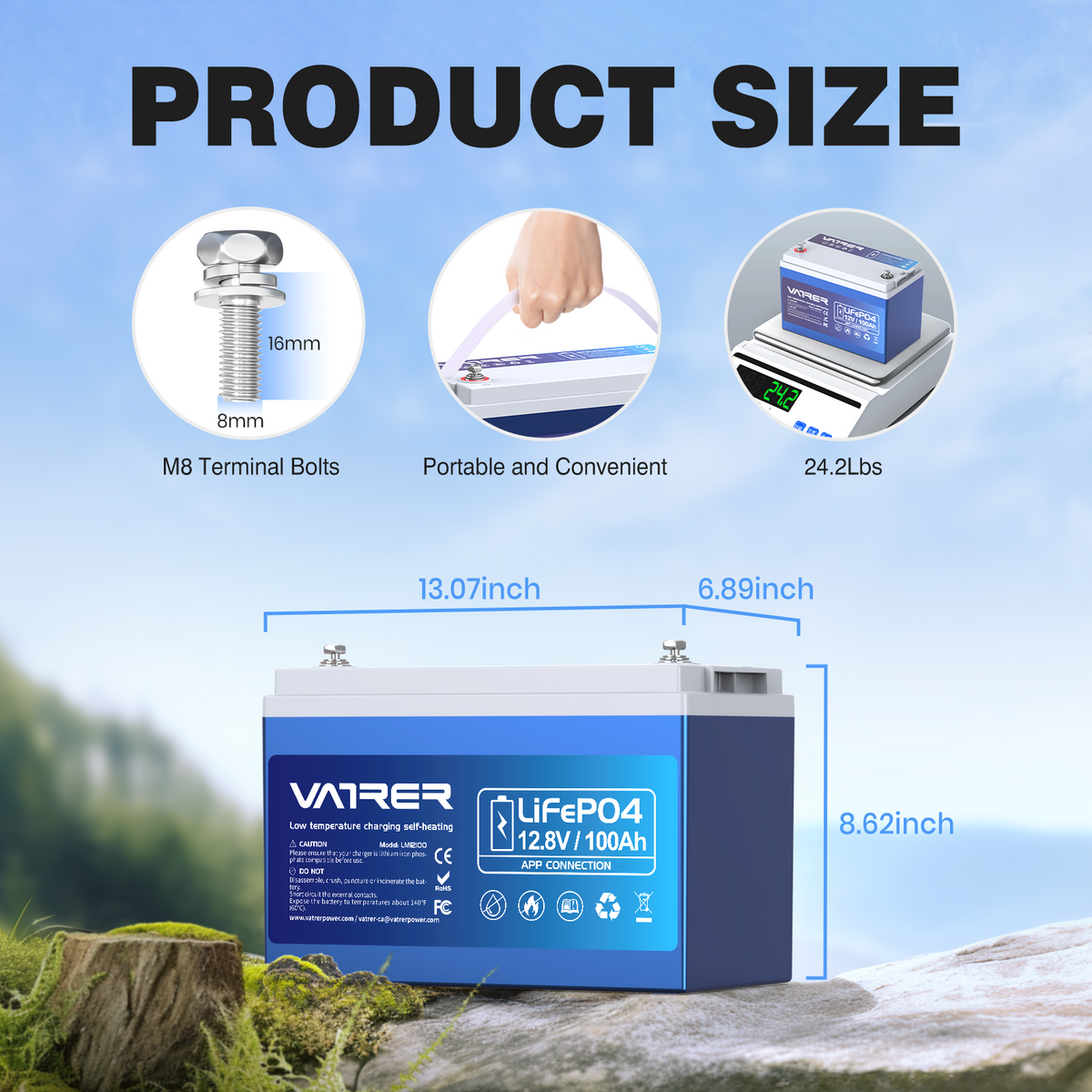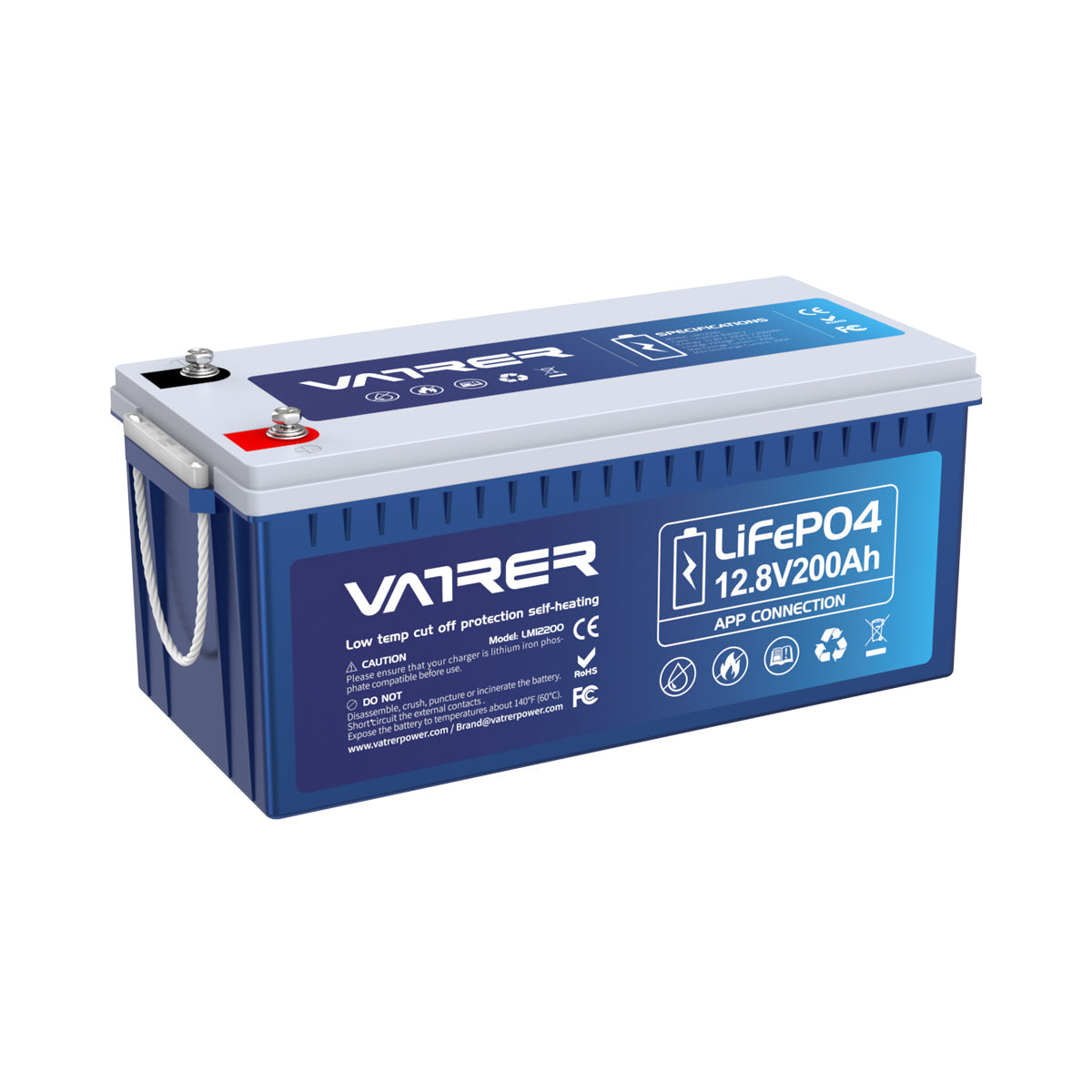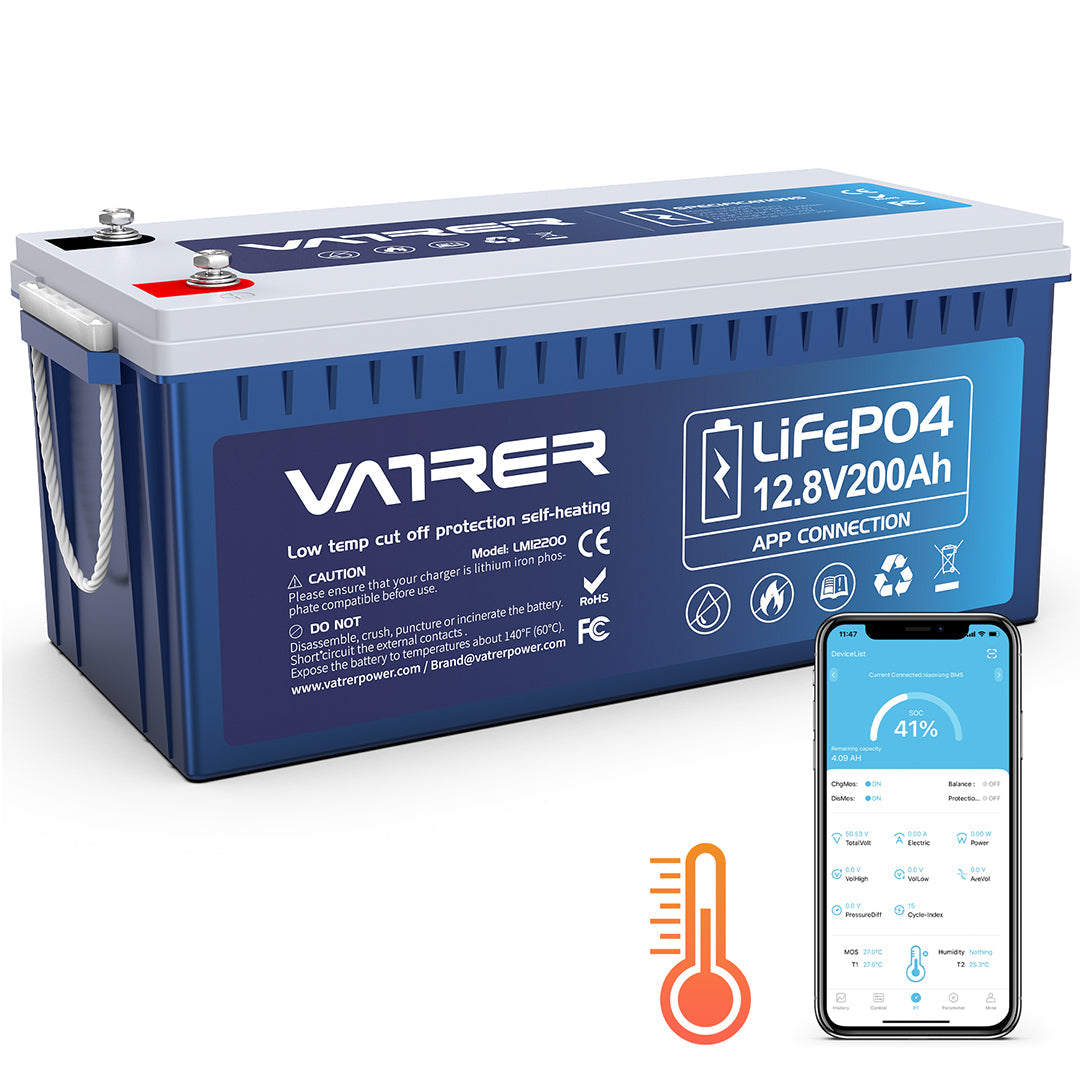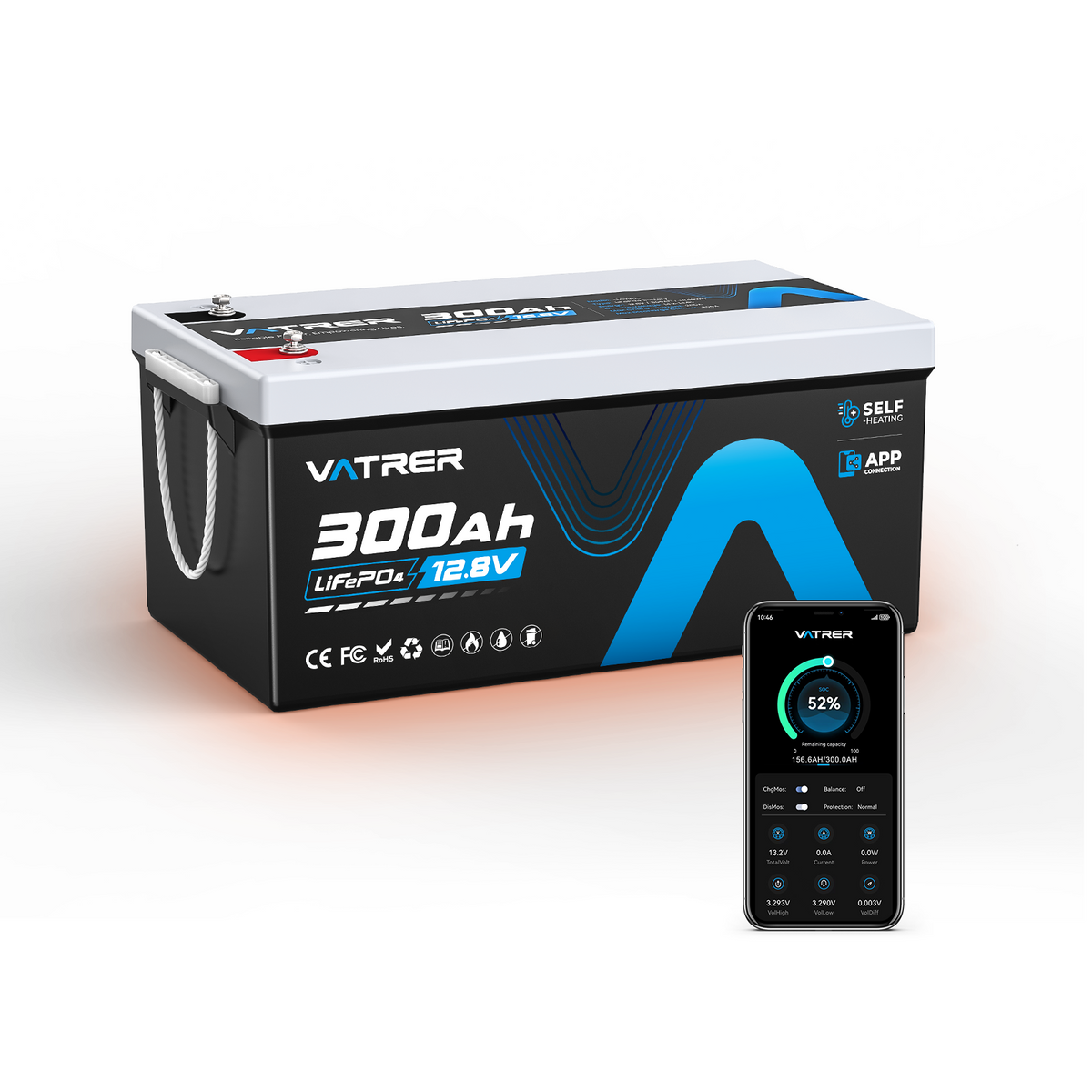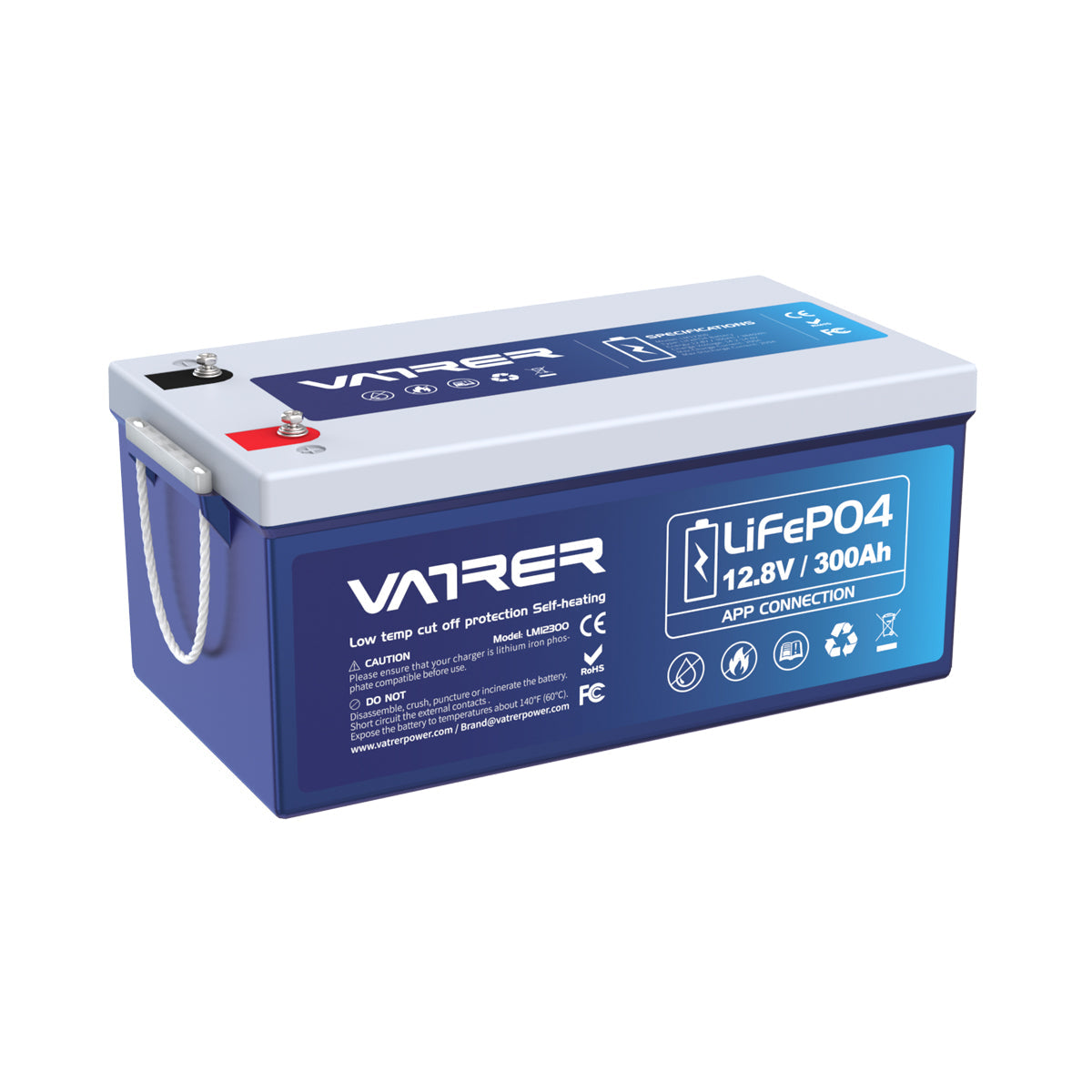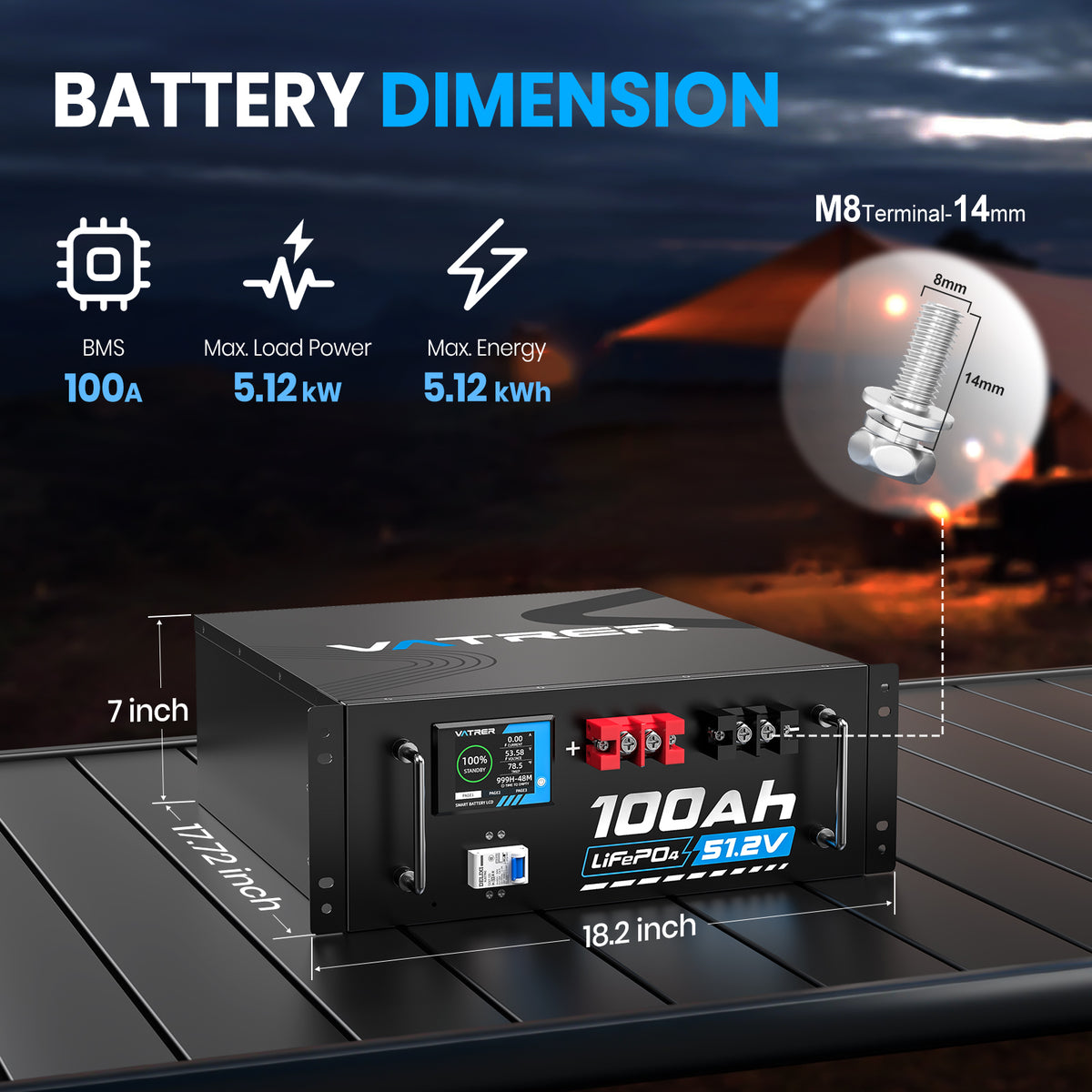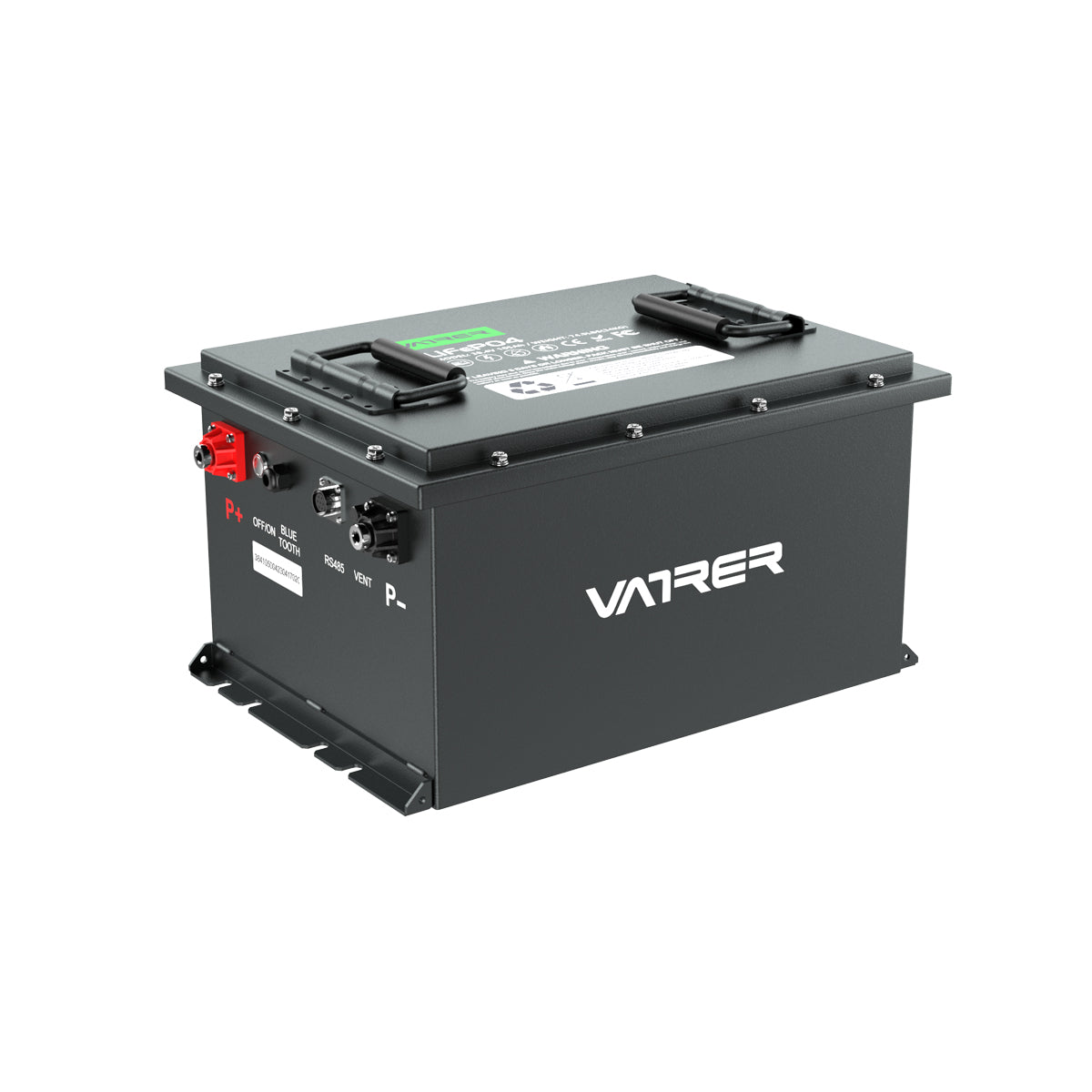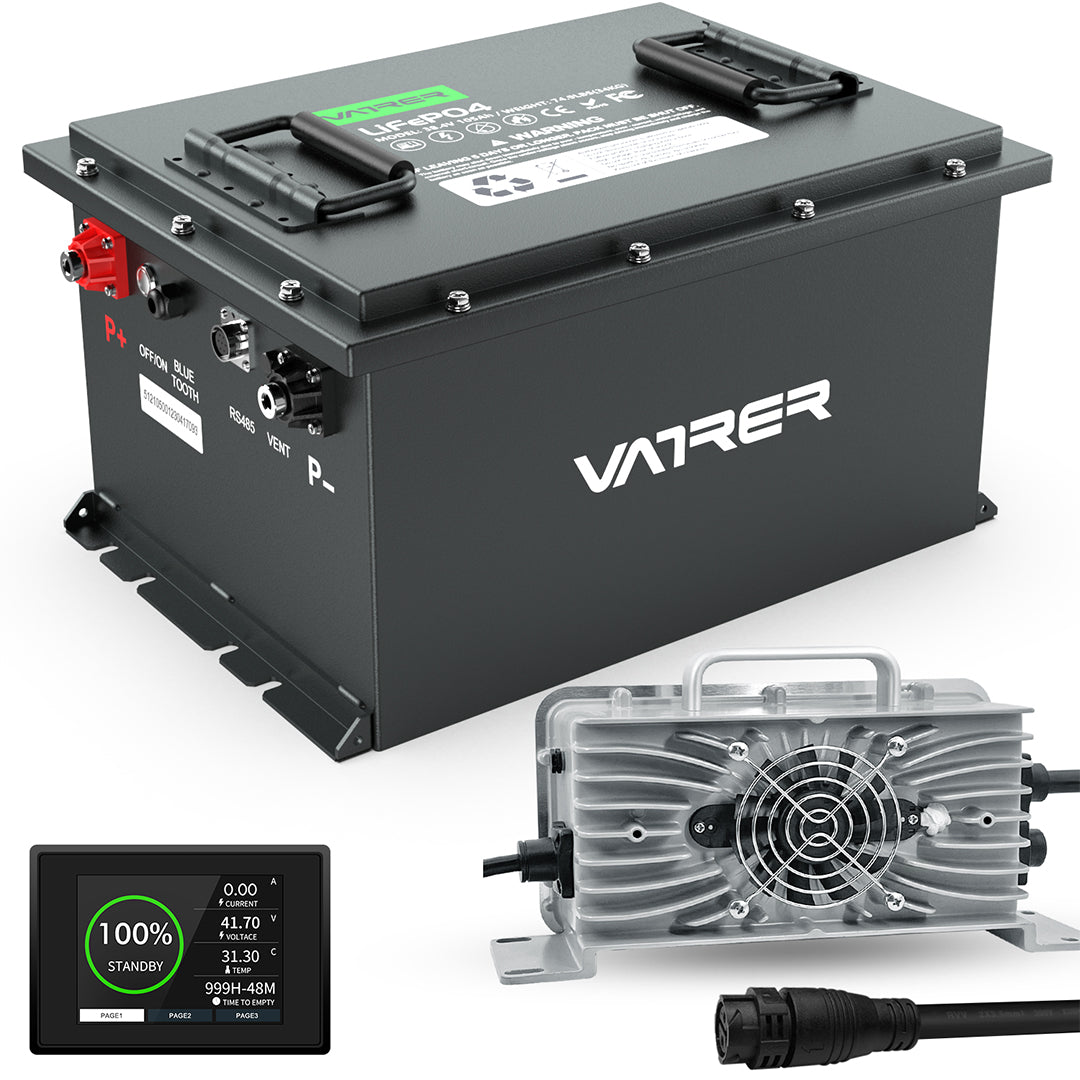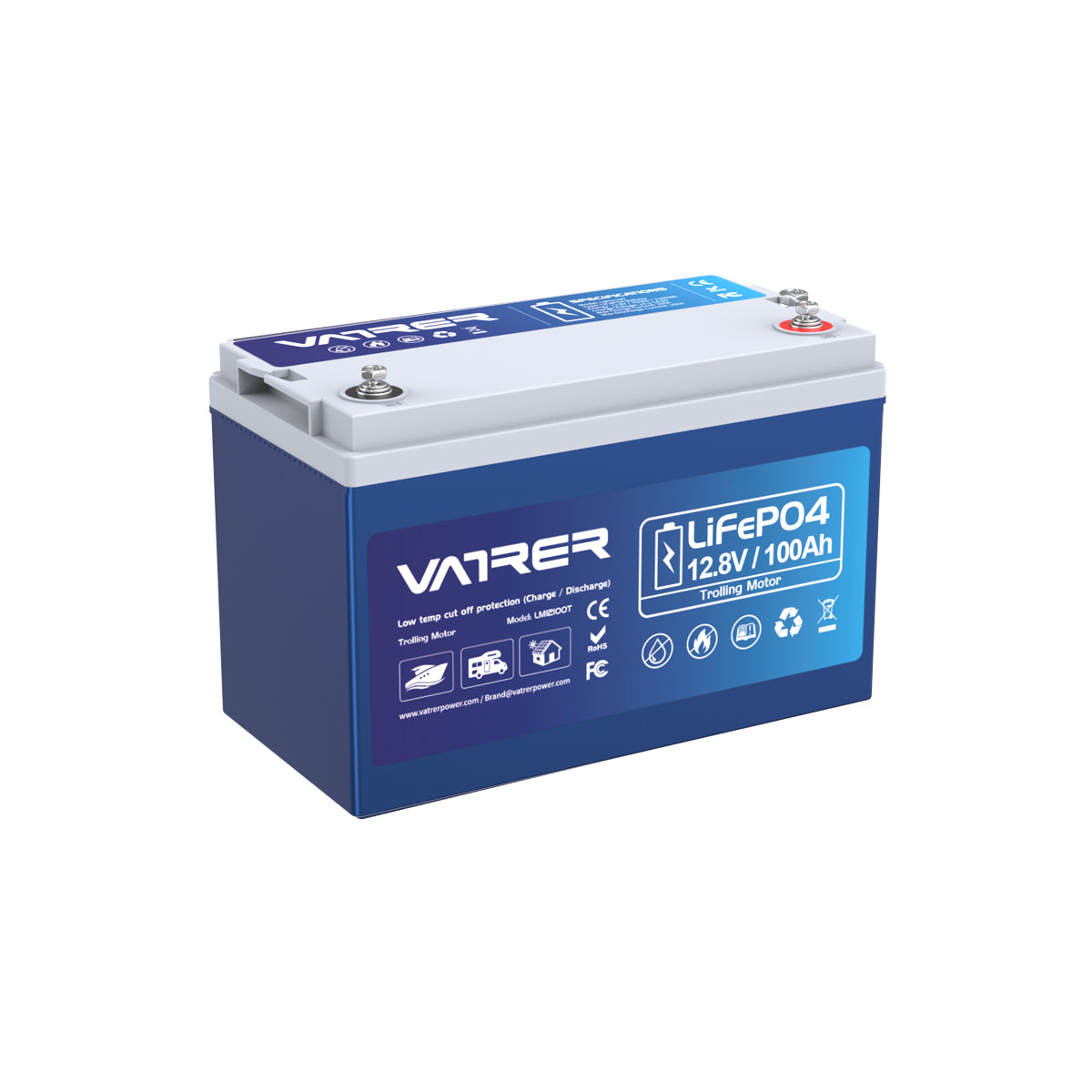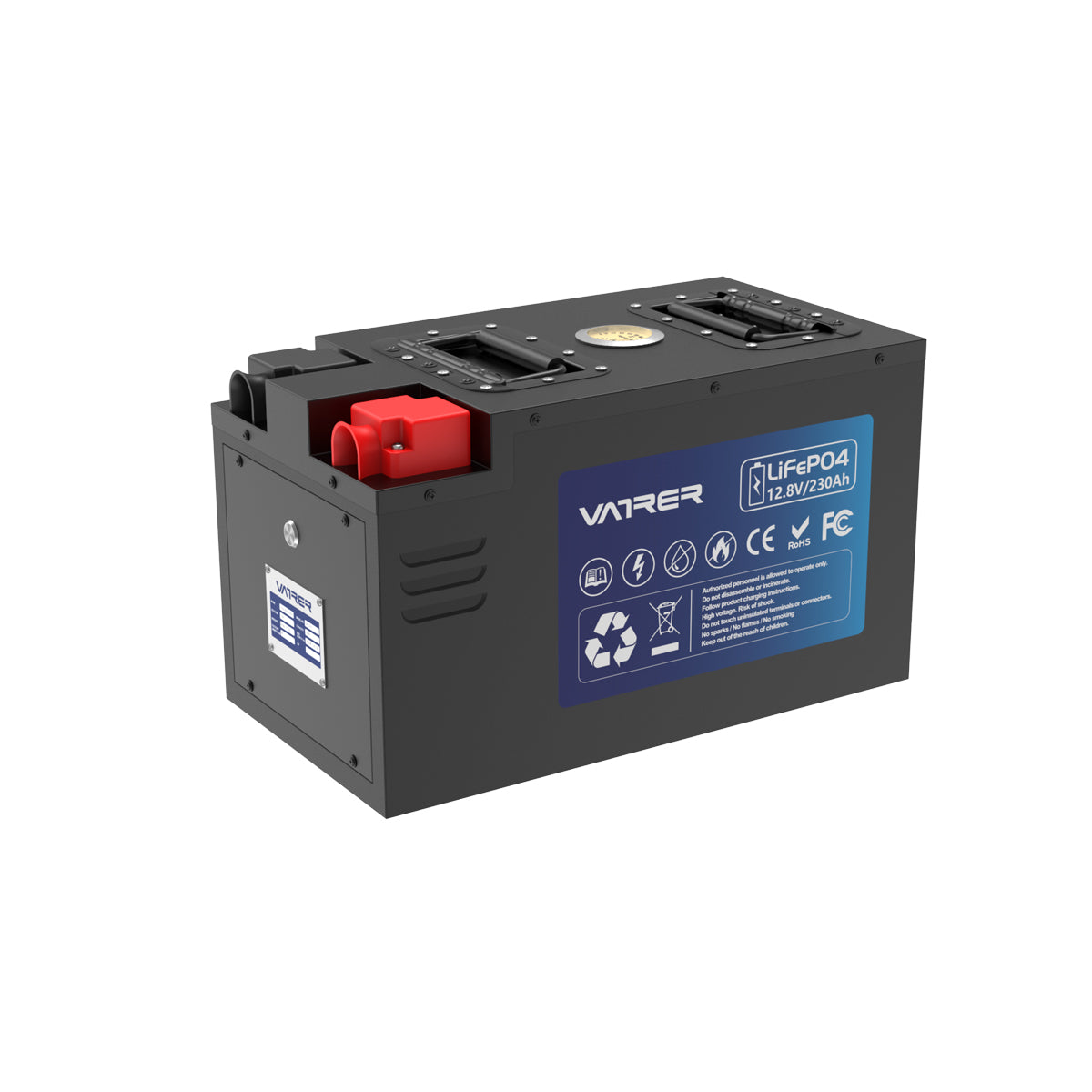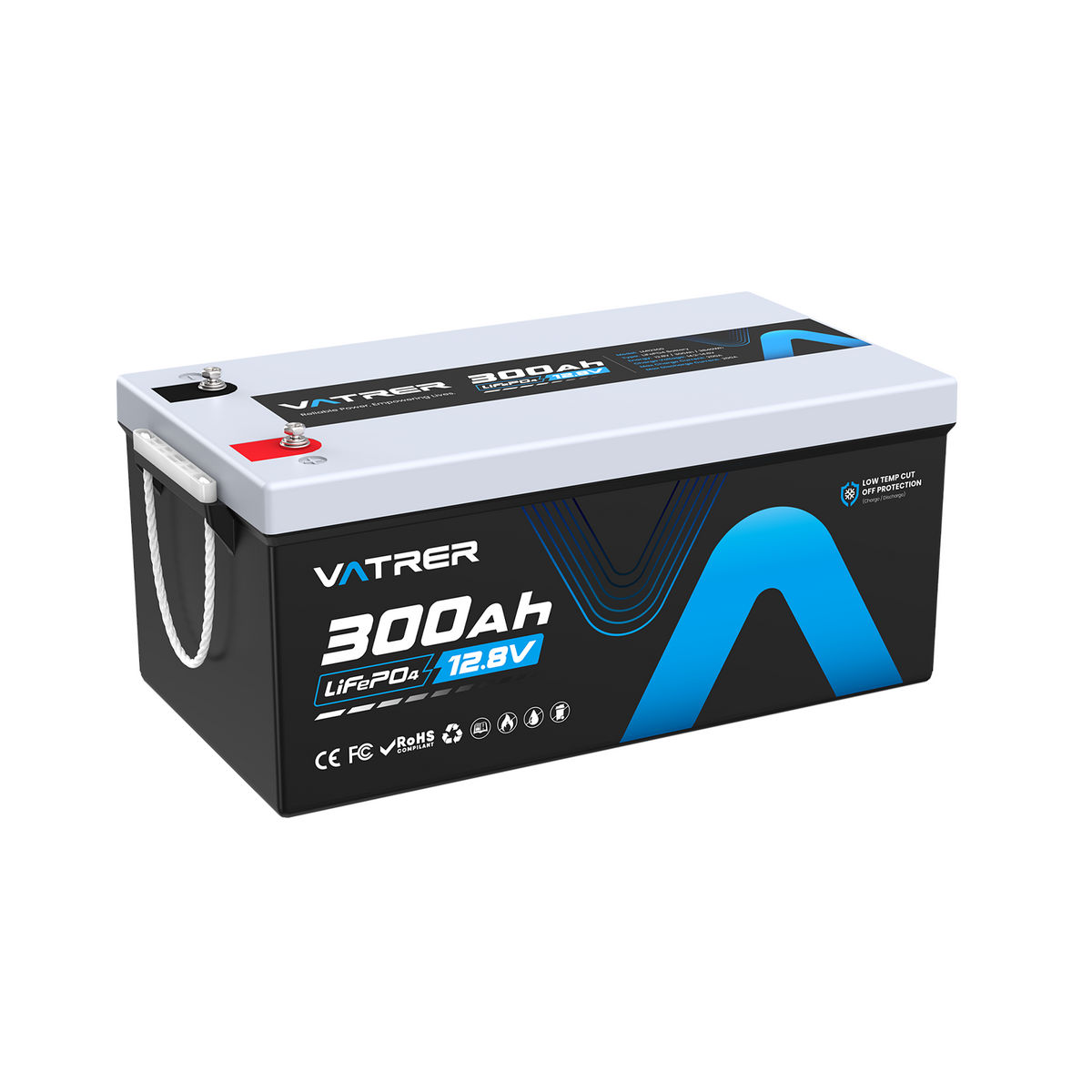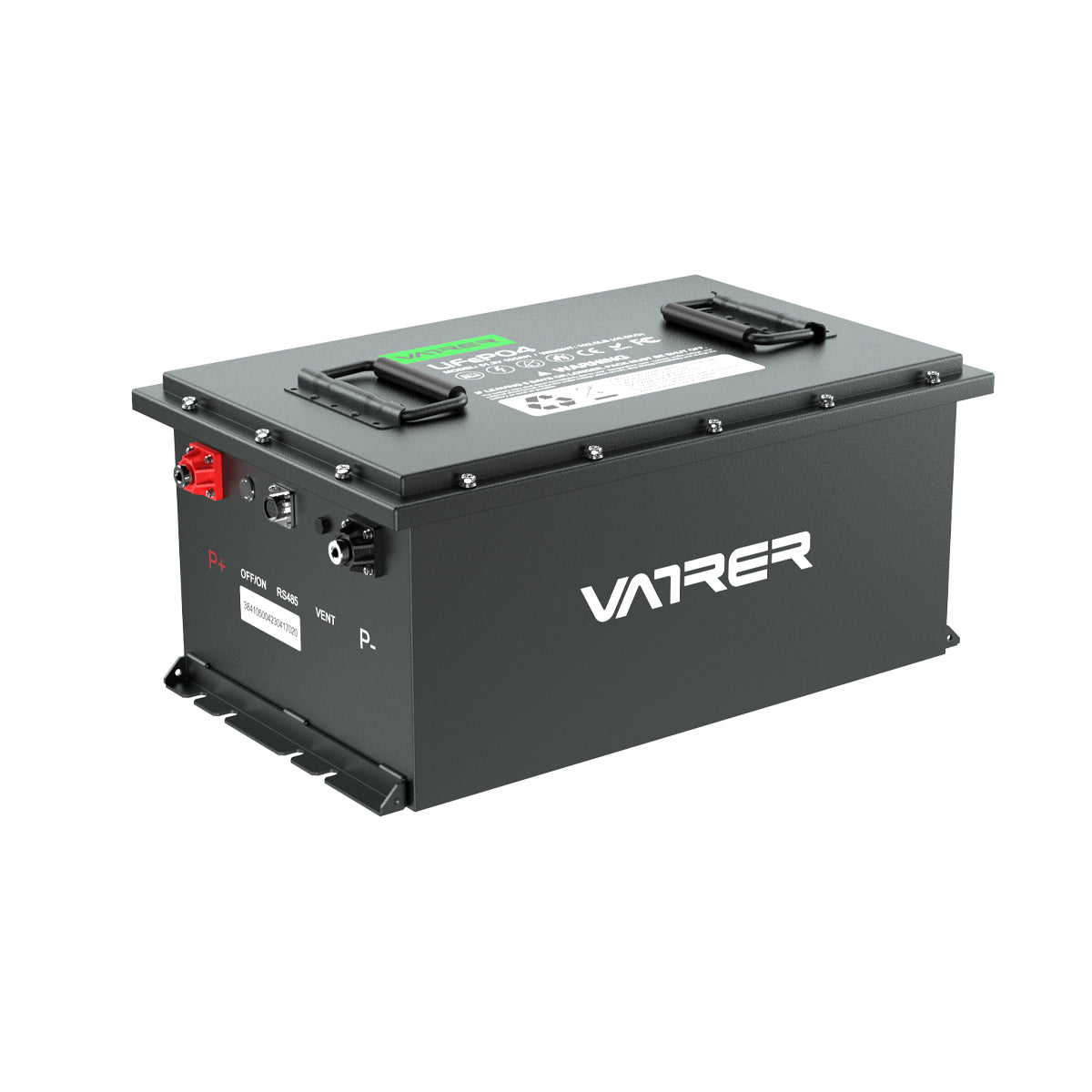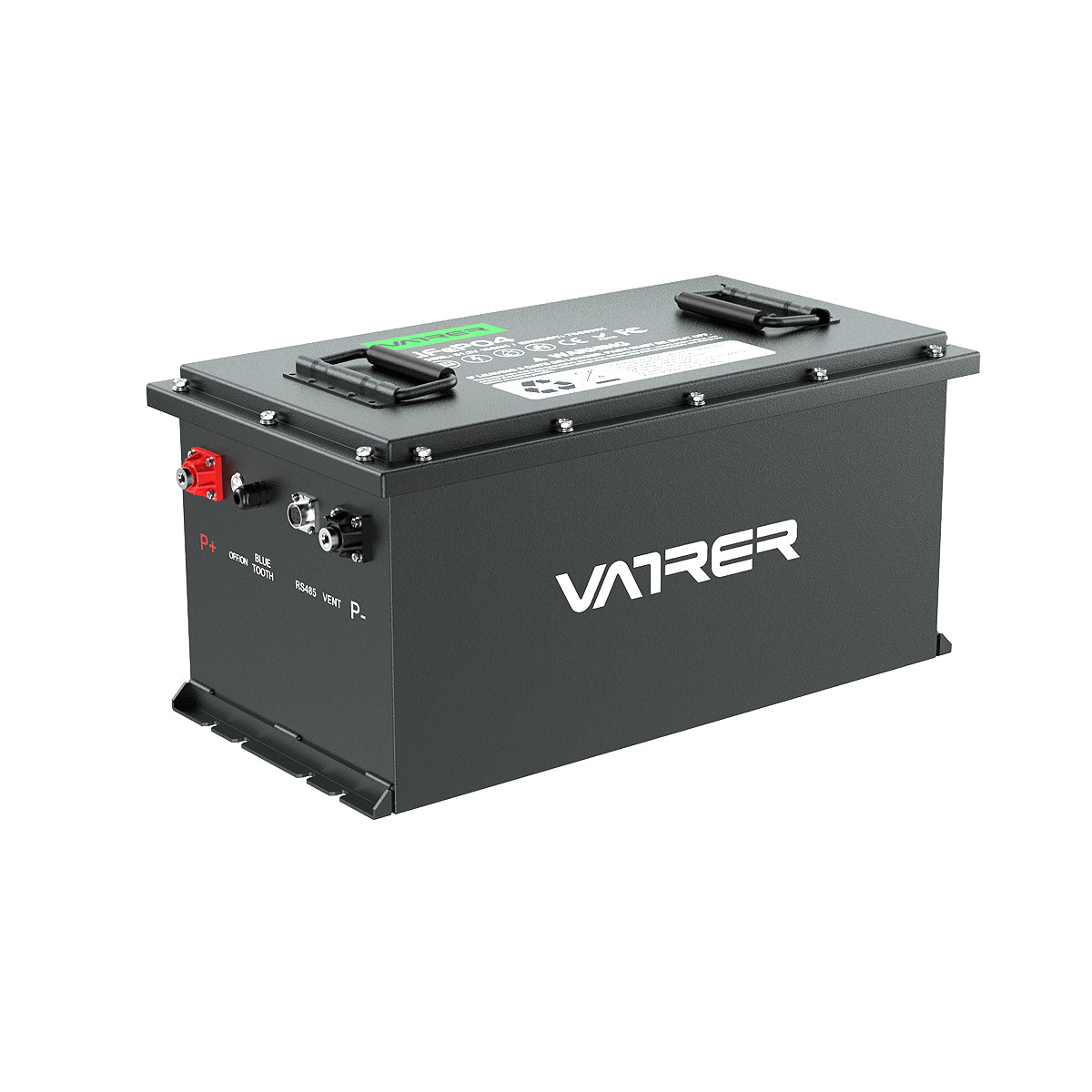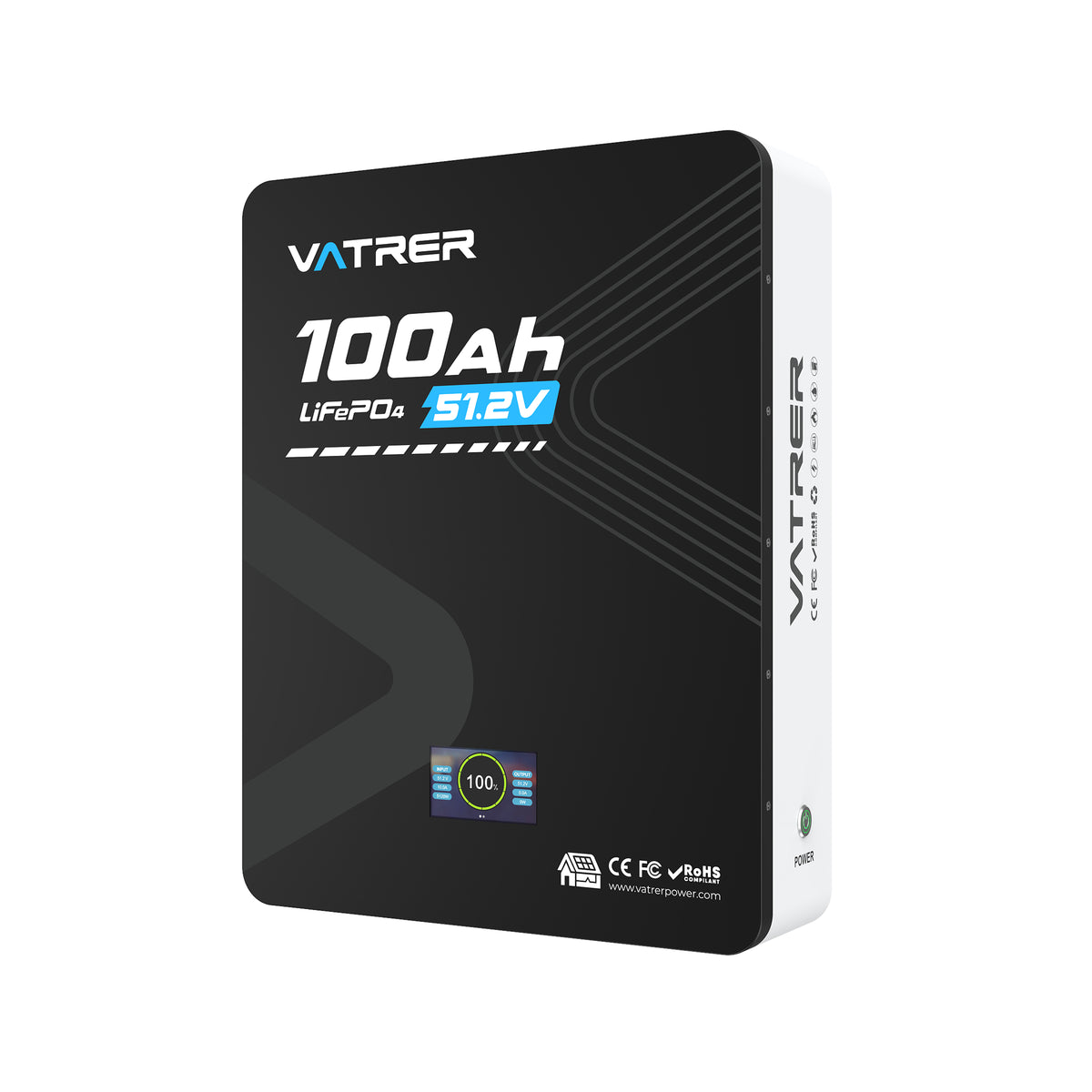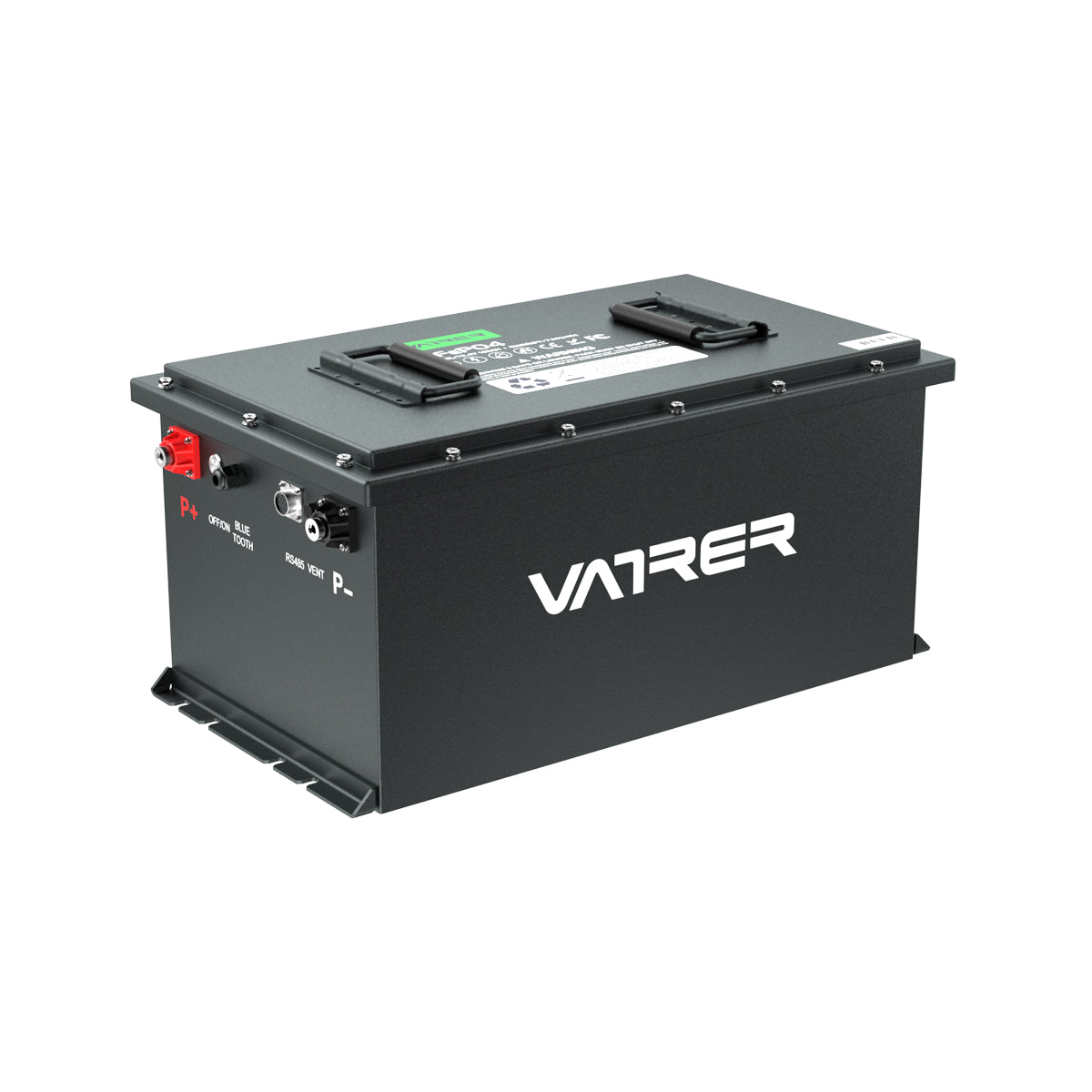Introduction
Solar panel batteries, key components in storing energy from solar panels for later use, are essential in maximizing the use of solar energy. As solar power gains popularity worldwide, comprehending the lifespan of these batteries becomes increasingly important for homeowners, businesses, and policymakers. This blog post delves into the longevity of solar panel batteries, the factors that affect their lifespan, and the latest advancements in the field.
What Are Solar Panel Batteries?
Solar panel batteries, or solar batteries, are designed to store electrical energy generated by solar panels during sunlight hours, making this energy available for use during nighttime or overcast conditions, ensuring continuous power supply regardless of solar conditions.

Types of Solar Panel Batteries
-
Lead-Acid Batteries: Traditional and cost-effective, but offer shorter lifespans and lower energy density.
-
Lithium-Ion Batteries: More expensive but provide longer lifespans and higher efficiencies.
-
Nickel-Based Batteries: Less common, these are typically used in specific industrial applications.
-
Flow Batteries: An emerging technology promising for longer lifecycles and large-scale storage capacity.
Average Lifespan and Factors Influencing It
The lifespan of solar panel batteries varies by type, usage patterns, and maintenance:
-
Lead-Acid Batteries: Typically last 5 to 7 years.
-
Lithium-Ion Batteries: Can last between 10 to 15 years, sometimes even longer.
-
Flow Batteries: Can potentially last up to 20 years, though they are less common in residential settings.
Factors affecting lifespan include:
-
Depth of Discharge (DoD): Lower DoD generally correlates with longer battery life.
-
Temperature and Environment: Extreme temperatures and poor environmental conditions can accelerate battery degradation.
-
Charge Cycles: The number of charge-discharge cycles significantly affects lifespan; higher quality batteries can withstand more cycles.
Technological Advancements
Recent technological improvements aim to enhance the efficiency and lifespan of solar batteries:
-
Improved Lithium-Ion Technology: Advances in lithium-ion technology, such as lithium iron phosphate (LiFePO4), offer improved lifespan and safety.
-
Enhanced Battery Management Systems (BMS): These systems help optimize charging cycles and enhance battery efficiency and durability.
-
Solid-State Batteries: This emerging technology could offer longer lifespans and enhanced safety features.
Economic Considerations
While the initial investment in solar batteries, particularly newer technologies like lithium-ion, can be significant, the potential long-term energy cost savings are considerable. It is crucial to assess the battery lifespan alongside the investment payback period to make cost-effective decisions.
Conclusion
The lifespan of solar panel batteries is influenced by numerous factors including battery type, usage patterns, and environmental conditions. With continuous advancements in technology, the efficiency and durability of these batteries are improving, enhancing the viability of solar power as a sustainable energy source.





